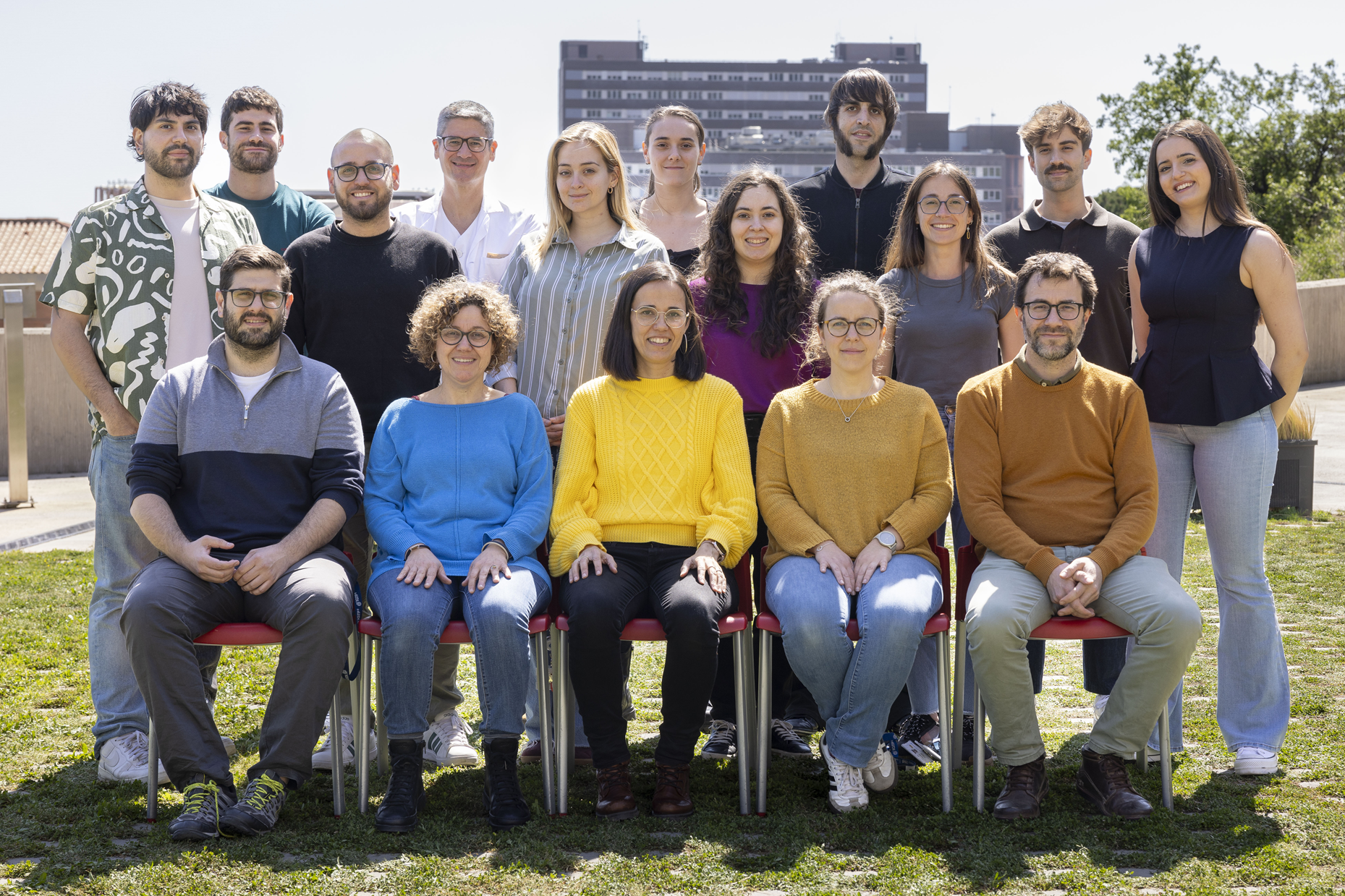A study links the protein HDAC11 as a key factor in muscle deterioration in Duchenne muscular dystrophy
A preclinical study led by IGTP, in collaboration with the Institut de Myologie and the IR Sant Pau, has analysed the role of the protein HDAC11 in Duchenne muscular dystrophy and its potential as a therapeutic target. The results of the study have been published in the journal Life Sciences.










